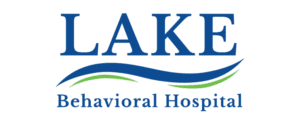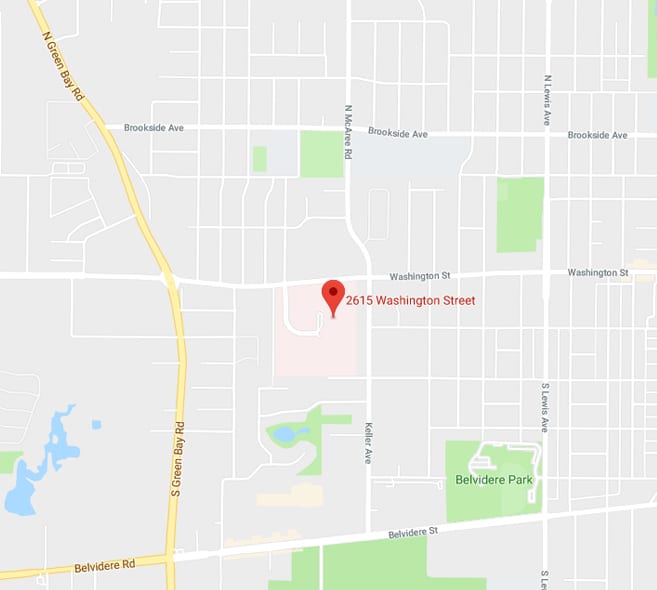Lake Behavioral Hospital offers FREE Assessments 24/7, call us toll-free at
Bipolar Disorder
Causes, Treatment & More
Few mental health conditions are quite as distressing as bipolar disorder—both for the people living with it and the people who must witness their loved ones enduring it. At Lake Behavioral Hospital in Waukegan, IL, our staff has worked with thousands of individuals with bipolar disorder, which is estimated to affect around 2.8% of adults in the United States, according to the National Institute of Mental Health.
What is Bipolar Disorder?
Bipolar disorder (also known as manic-depressive disorder) is a mental health condition hallmarked by exaggerated “ups and downs” of the typical human experience. People with bipolar disorder experience drastic mood swings from highs (mania or hypomania) to lows (depression). During manic episodes (which can last 3 to 6 months if untreated), people usually feel “on top of the world.” They often demonstrate poor decision-making and high levels of creative output and energy. During depressive episodes (which can last 6-12 months if untreated), people are despondent and have low energy. In severe cases, they may talk about, fantasize about, or attempt suicide.
Several different types of bipolar disorder exist, including bipolar I disorder, bipolar II disorder, and cyclothymic disorder. The typical age of diagnosis is around the early 20’s or teenage years.
Bipolar Causes and Signs
Bipolar signs and symptoms can vary in intensity and type. True to the nature of bipolar disorder itself, these signs and symptoms typically present in the following ways:
- During manic and hypomanic episodes: excessively upbeat, increased energy and agitation, decreased need for sleep, extreme/unusual talkativeness, distractibility, racing thoughts, poor decision-making, euphoria
- During depressive episodes: persistent melancholy, guilt, and sadness, sleep and appetite disturbances, decreased interest in activities, social isolation, fatigue, decreased energy, restlessness, decreased concentration, suicidal ideation and/or attempts, and significant weight loss/gain
Additional symptoms or comorbidities include anxiousness, post-traumatic stress disorder (PTSD), and psychosis (a cognitive break from reality), the latter of which generally requires hospitalization.
Bipolar causes are believed to be both genetic and biological (specifically regarding neuro-chemical and/or structural changes within the brain).
Bipolar Treatment at Lake Behavioral Hospital
Our mental health professionals have extensive clinical experience and insights that help us accurately diagnose patients with bipolar disorder, rule out other conditions, and ensure that they receive appropriate and individualized bipolar treatment to meet their unique goals and needs.
A bipolar disorder test typically includes a thorough analysis of both patient and family history. To be officially diagnosed, a person must have a history of at least one episode of mania or hypomania. Once the exact type of bipolar disorder has been confirmed, our team utilizes a multifaceted approach to care in order to support our patients optimally. Common elements of bipolar treatment include:
- Psychotherapy (e.g., cognitive behavioral therapy)
- Medications (including antipsychotic medications, mood stabilizers, and in some cases antidepressants)
- Patient education (to promote self-management/self-awareness strategies for better episodic management)
Our team can also advise on complementary approaches to care, including meditation, exercise, and nutrition, all of which can support the optimal well-being of the individual living with bipolar disorder—although it’s important that these elements do not replace more clinical bipolar treatment.
Know Someone With Bipolar Disorder? Call Lake Behavioral Hospital for a FREE Assessment 24/7
At Lake Behavioral Hospital, our staff works tirelessly and patiently to develop individualized treatment plans which may include inpatient, partial hospitalization, and/or intensive outpatient services—whichever is needed for optimal outcome of each individual who walks through our doors. Call us at (855) 990-1900 (toll-free, 24/7) to schedule a free assessment and begin your healing journey. We also accept email inquiries and walk-ins. Connect today!

2615 Washington Street
Waukegan, IL 60085
Call Us 24/7 Toll Free:
(855)990-1900
Via I-94 to IL-120 E / Belvidere Rd. in Warren Township.
Take the IL – 120 E / Belvidere Rd. exit from I-94 W.
Continue on Belvidere Rd. Drive to Washington St. in Waukegan.
Lake Behavioral Hospital will be on the right, located at previous Vista Medical Center West campus.


